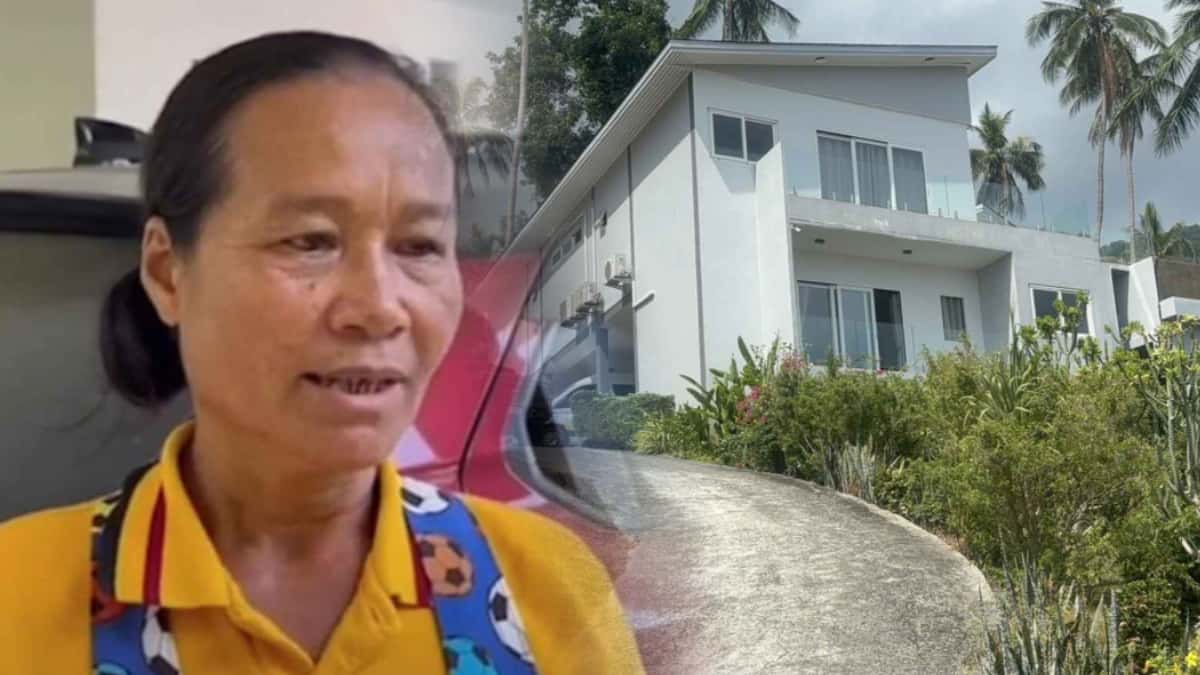Authorities are launching an investigation into the circumstances surrounding the inheritance of assets worth approximately 100 million baht by a Thai maid, following the recent demise of her French employer in Koh Samui.
While initial assessments suggest no foul play in the death of 59-year-old French national Catherine Delacote, who reportedly took her own life, questions have arisen regarding the legalities surrounding the transfer of her estate to Nutwalai Pupongta, her longtime housemaid.
Colonel Dusit Kaysornkaew, head of the 4th Army’s land investigative unit, revealed that inquiries are focusing on the villa-style hotel owned by Delacote in tambon Mae Nam on Koh Samui island. Although preliminary findings indicate the hotel’s construction adhered to regulations, authorities are yet to scrutinize the shareholdings within Delacote’s company, GVNE, which operated the establishment.
GVNE, established in 2012 to manage the hotel business, counted Delacote and two Thai individuals as shareholders. Delacote held a 49% stake, with the remaining shares distributed between a Thai man from Ubon Ratchthani (35%) and a Thai woman from Nakhon Si Thammarat (16%). Officials are now tasked with determining whether any unlawful practices involving Thai proxies were employed within the company.
The tragic incident unfolded on April 29 when Delacote was discovered deceased near a swimming pool in her luxurious villa compound, with a firearm found nearby. Koh Samui police chief Pol Col Krairoek Ngamsri-on highlighted that, with a court mandate, an estate executor could oversee the distribution of Delacote’s assets according to her testament.
However, complexities may arise in the transfer process, as noted by Ratchapol Pulsawasdi, president of the Tourism Association of Koh Samui. Approval from the two Thai shareholders within Delacote’s company could be necessary for the asset allocation.
Legal expert Niphit Intharasombat emphasized the potential consequences if GVNE were found to have unlawfully included a proxy shareholder. In such a scenario, the Interior Ministry could intervene, potentially leading to the sale of the company’s assets.



